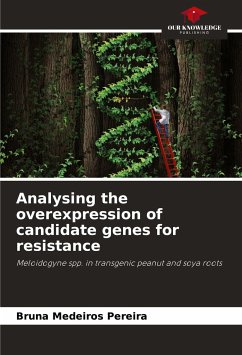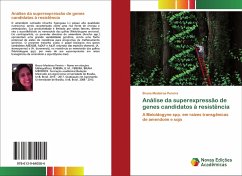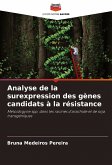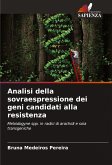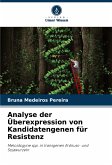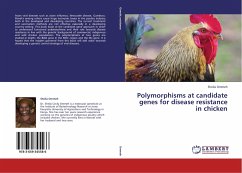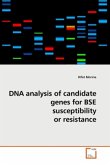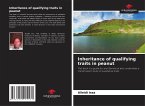Cultivated peanuts (Arachis hypogaea L.) have a high nutritional quality and are characterised as a rich source of energy and amino acids. Its productivity is limited by several factors, including its susceptibility to the gall nematode (Meloidogyne arenaria). On the other hand, the wild relatives of the peanut (Arachis spp.) show great genetic variability and are a potential source of resistance alleles for genetic improvement programmes. This study evaluates the biological role of the candidate genes AdEXLB8, AsDUF and AsLIP, from the wild species (A. stenosperma) and (A. duranensis), in resistance to the root-knot nematode (Meloidogyne spp), through their overexpression in transgenic peanut and soya (Glycine max) roots.
Bitte wählen Sie Ihr Anliegen aus.
Rechnungen
Retourenschein anfordern
Bestellstatus
Storno

